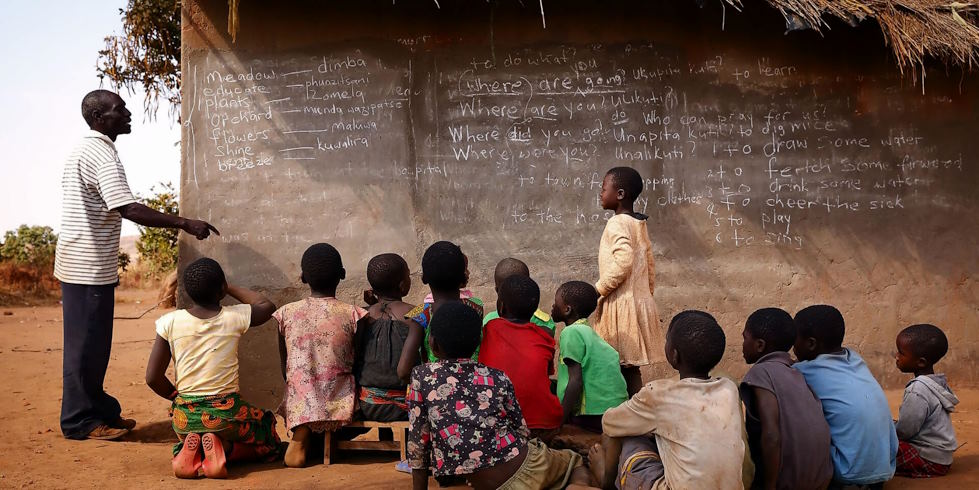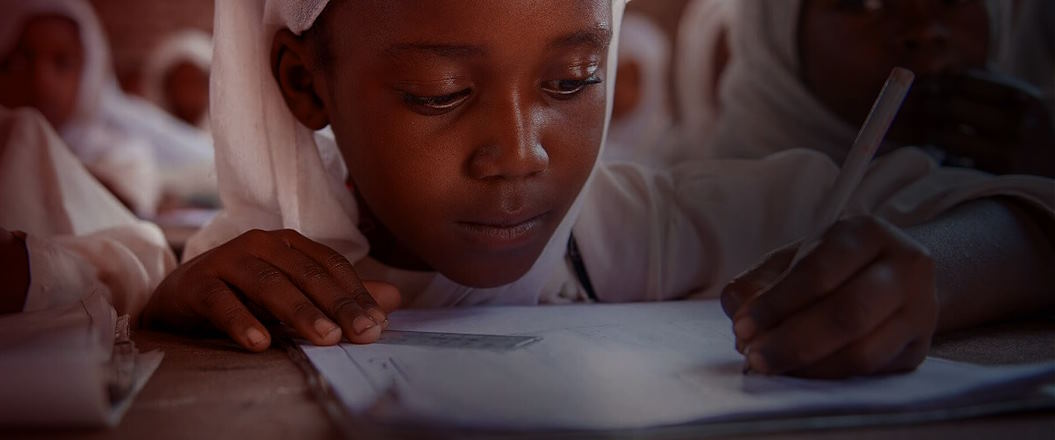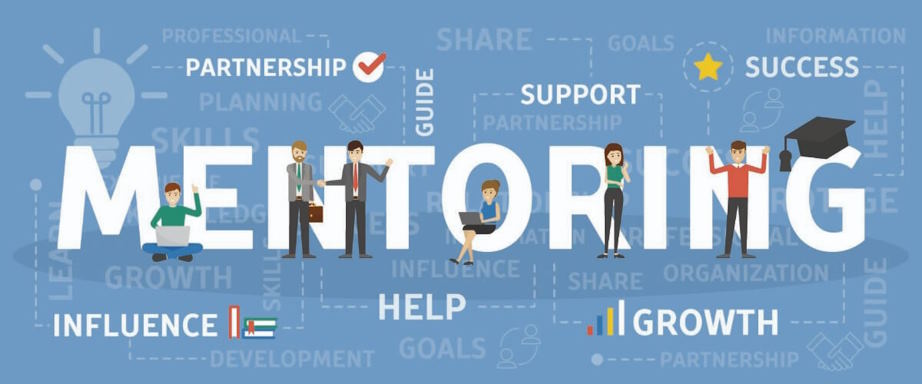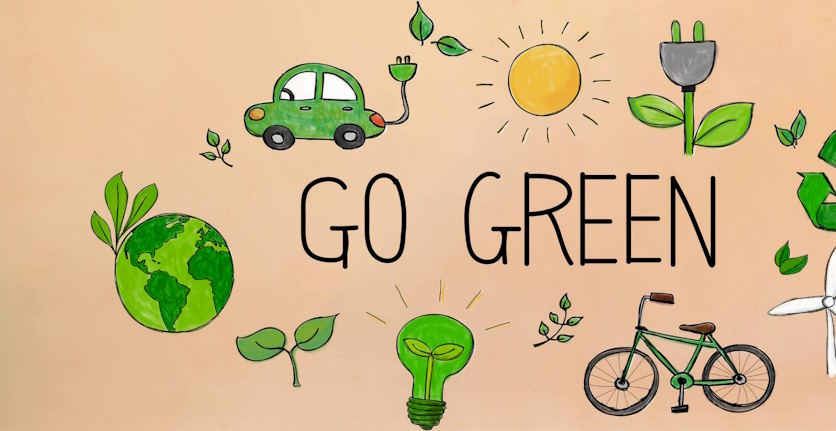Education is often hailed as the key to unlocking a brighter future for individuals and society as a whole. It empowers young minds, cultivates critical thinking, and opens doors to countless opportunities.
However, not all young people have equal access to quality education and the resources needed to thrive. It is where the importance of sponsoring youth and education programs becomes evident. By providing financial support, mentorship, and guidance, sponsors play a crucial role in ensuring that young individuals receive the education and support they need to build a better future.
How do education programs work?
Education programs are structured initiatives that provide learning opportunities and support to individuals, particularly young people. They have specific objectives and tailored curricula to help participants acquire knowledge, skills, and competencies. These programs may include formal schooling, after-school programs, mentorship, vocational training, and scholarships.
Education programs also focus on creating a conducive learning environment, offering resources, qualified instructors, and support services. By empowering individuals through education, these programs contribute to personal and intellectual development, foster social mobility, and enhance the overall well-being of individuals and communities.

Challenges faced by youth
Today’s youth face a multitude of challenges that hinder their development and access to quality education. Various factors, including social, economic, and environmental circumstances, shape these challenges.
One significant challenge is the prevalence of poverty and inequality. Many young individuals come from disadvantaged backgrounds, lacking the necessary resources to pursue their education fully. Limited access to quality schools, educational materials, and technology further exacerbates the disparities, making it difficult for them to compete on an equal footing with their peers.
Additionally, societal pressures and expectations can weigh heavily on young people. The transition from adolescence to adulthood can be riddled with uncertainties and choices that have a profound impact on their futures. The pressure to conform, succeed academically, and make career decisions at a young age can be overwhelming and lead to stress, anxiety, and a sense of inadequacy.
Moreover, issues such as discrimination, violence, and social exclusion affect many young individuals. They may face discrimination based on their race, gender, religion, or socioeconomic status, which can limit their opportunities and hinder their educational progress. In some cases, conflict and violence in their communities disrupt their lives, forcing them to prioritize survival over education.
Furthermore, the impact of environmental challenges cannot be overlooked. Climate change, natural disasters, and ecological degradation not only pose immediate risks to young people’s well-being but also undermine educational systems’ stability.







